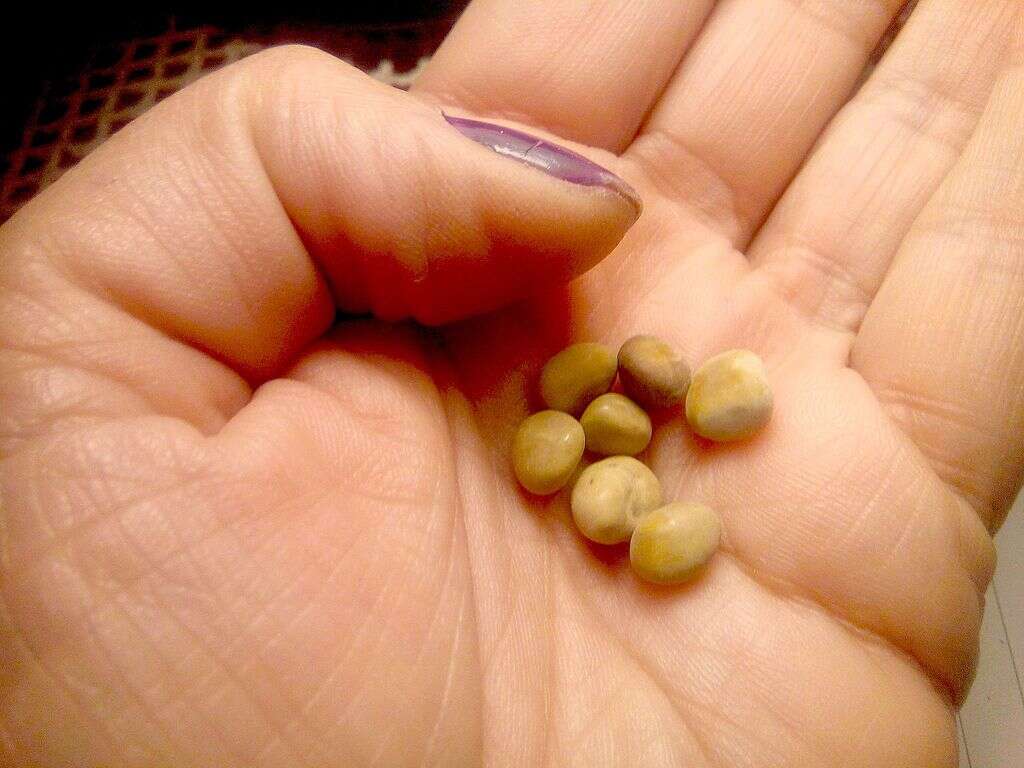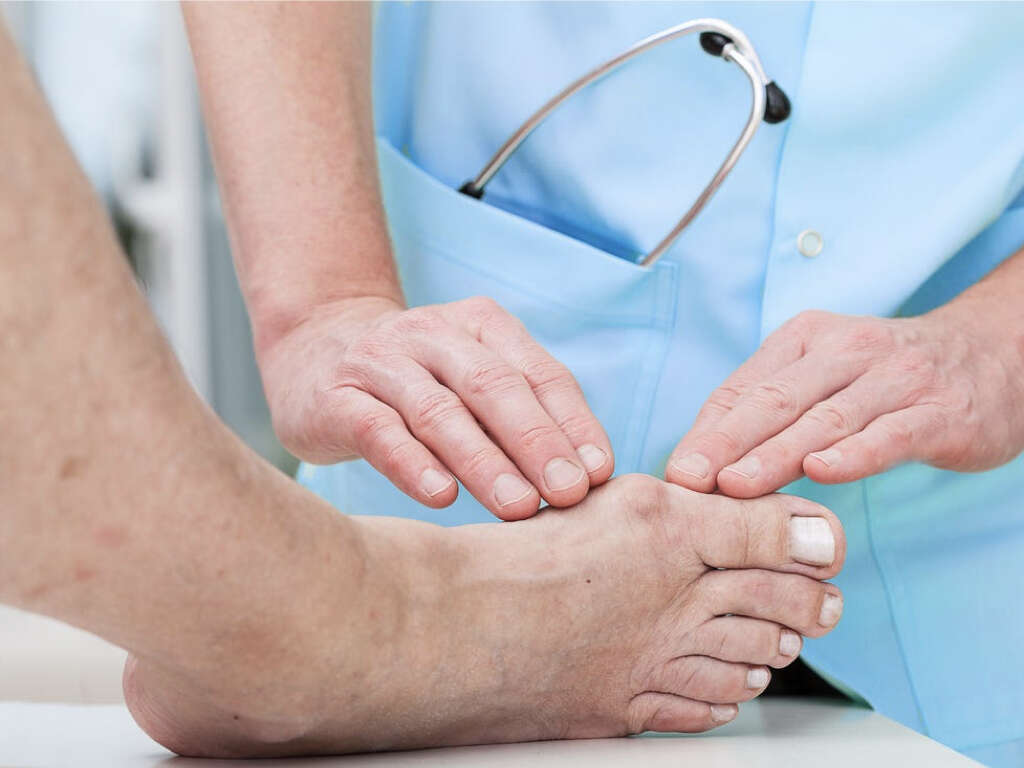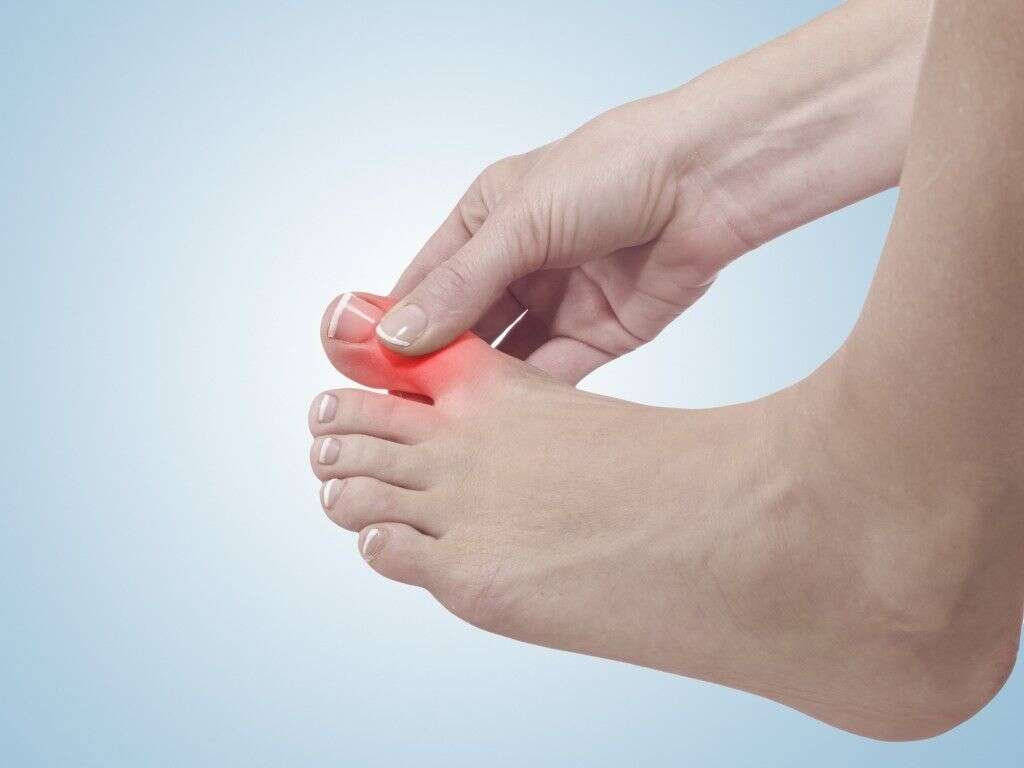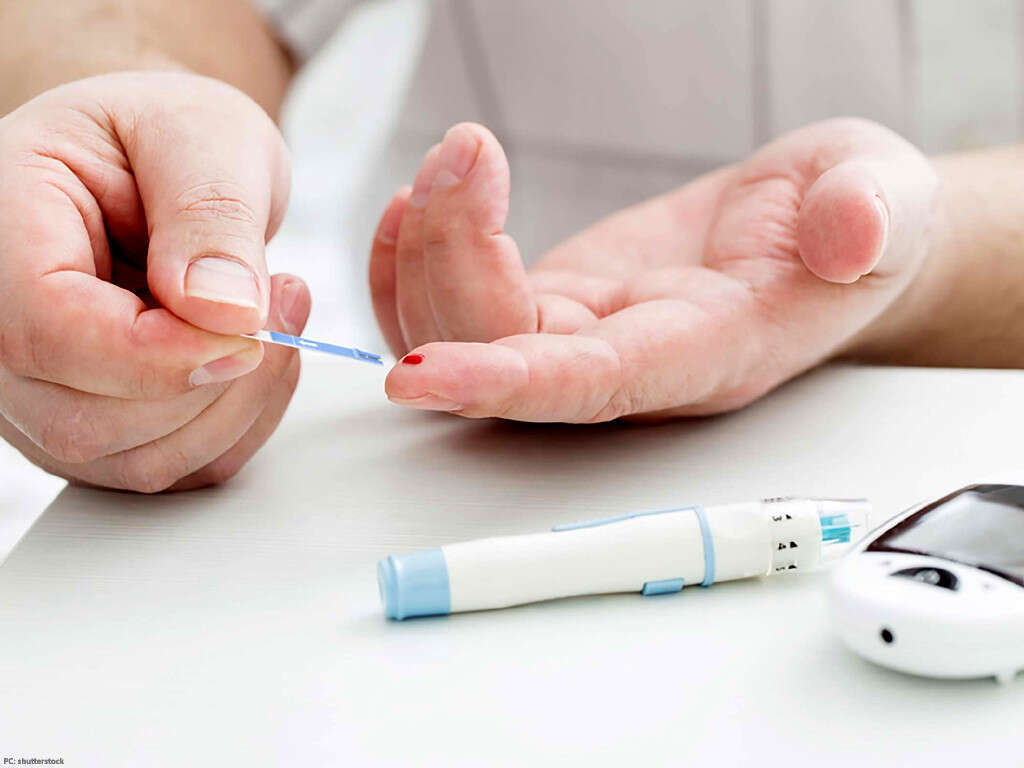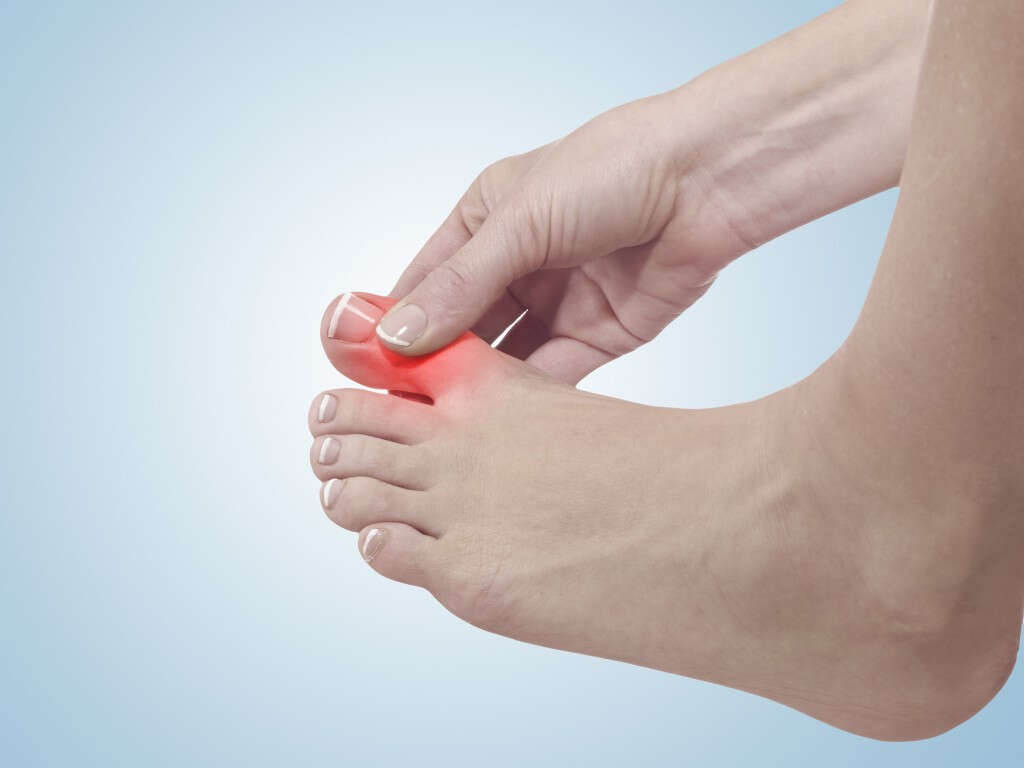10 Symptoms of Gout
 Article Sources
Article Sources
- 1. Goodman CC, Fuller KS. Pathology: Implications for the Physical Therapist. 3rd ed. Saint Louis, MO: Saunders; 2009.
- 2. Schlesinger N, Detry MA, Holland BK, Baker DG, Beutler AM, Rull M, Hoffman BI, Schumacher HR Jr. Local ice therapy during bouts of acute gouty arthritis. J Rheumatol 2002; 29(2): 331-334
Symptom #8: Kidney Stones
Gout may be an extremely painful condition, which can lead to kidney stones. The buildup of uric acid is able to travel to your urinary tract, where it causes kidney stones to form along with an incredible amount of pain. Having gout and high uric acid may be signs of chronic kidney disease. This means that the kidneys have not been working at a normal level for at least 3 months. The uric acid cannot be excreted from the urine and has been building up. Although the loss of kidney function can not be reversed, it can be slowed down. It is important to treat your gout early to protect your kidneys from more harm.
If left untreated, the kidney stones can hurt the kidneys by blocking them from removing waste, which can cause infection. It can also cause scarring in the kidneys because of the sharp edges that shape uric acid. Both of these issues lead to chronic kidney disease and may even reach kidney failure.
If you see blood in your urine or have severe abdominal and back pain, consider speaking with a doctor. These are signs of kidney stones. They can be so intense that you may even feel nauseous as a secondary symptom.
Advertisement
